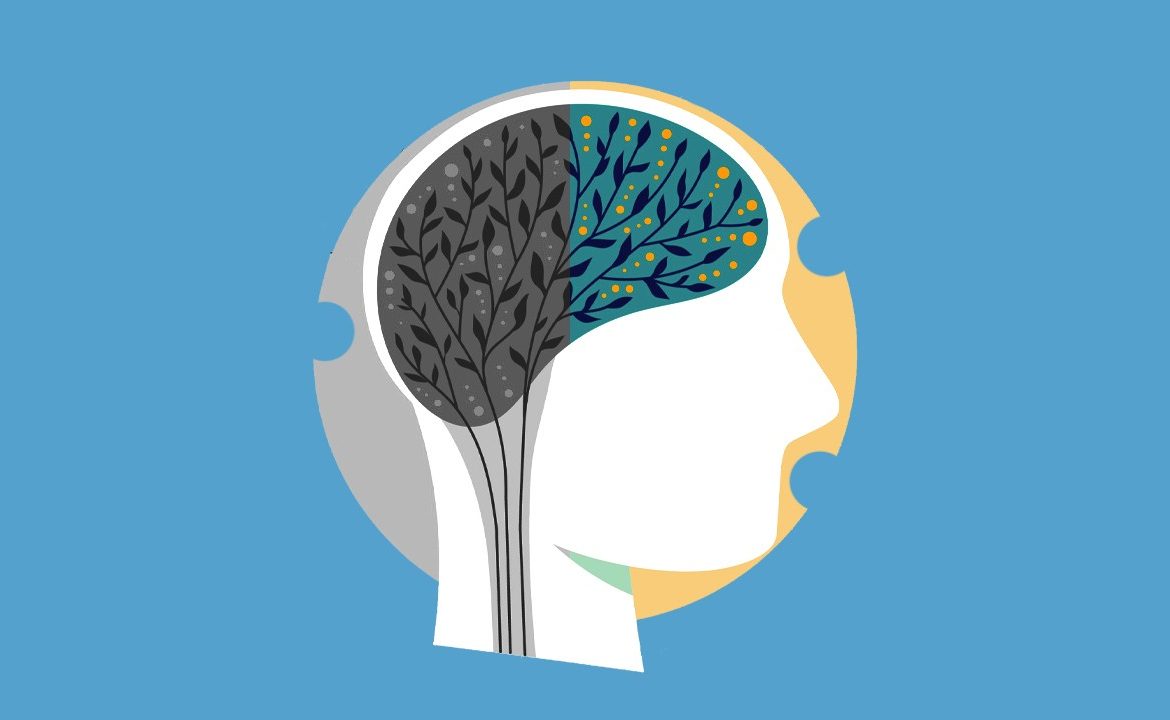Understanding Bipolar Disorder
Bipolar disorder is a mental health condition characterised by significant fluctuations in mood, energy levels, activity rates, concentration, and the ability to complete daily activities. It manifests in three primary forms, each marked by distinct changes in mood, energy, and activity. These variations include episodes of being extremely “up,” which may manifest as elation, irritability, or heightened energy (known as manic episodes), as well as periods of feeling profoundly “down,” sad, indifferent, or hopeless (referred to as depressive episodes). Milder forms of manic episodes are identified as hypomanic episodes.
Bipolar I Disorder is identified by manic episodes lasting a minimum of 7 days or by such severe manic symptoms that immediate hospitalisation is necessary. Depressive episodes typically also occur, usually lasting at least 2 weeks, with possible occurrences of mixed features (experiencing both depressive and manic symptoms simultaneously).
Bipolar II Disorder involves a pattern of depressive and hypomanic episodes, but without the full-blown manic episodes associated with Bipolar I Disorder.
Cyclothymic Disorder (or Cyclothymia) involves periods of hypomanic and depressive symptoms lasting for at least 2 years (1 year in children and adolescents), though these symptoms do not meet the full criteria for hypomanic and depressive episodes.
Diagnosis of bipolar disorder often occurs in late adolescence or early adulthood, though symptoms can first appear in childhood or be triggered by pregnancy or postpartum periods in women.
Symptoms of Manic Episodes include feeling excessively “up” or irritable, being easily agitated or “wired,” experiencing a reduced need for sleep, showing a decrease in appetite, rapid speech on varied topics, racing thoughts, overconfidence in abilities, and engaging in high-risk behaviours reflecting poor judgment.
During Depressive Episodes, individuals may feel intensely sad, hopeless, or empty, experience significant changes in sleep and appetite, have difficulty concentrating, lose interest in most activities, and contemplate or attempt suicide.
Co-occurring Conditions:
- Psychosis: Severe episodes of mania or depression may lead to hallucinations or delusions, with psychotic symptoms often reflecting the mood state.
- Anxiety: Anxiety disorders commonly co-occur with bipolar disorder.
- ADHD: A significant number of individuals with bipolar disorder also have Attention-Deficit Hyperactivity Disorder.
- Substance Misuse: High-risk behaviours, including drug or alcohol misuse, are prevalent during manic episodes.
- Eating Disorders: Conditions like binge-eating or bulimia may accompany bipolar disorder.
At Counselling and Psychotherapy Service for Men, led by Christian Acuña, we provide a compassionate and comprehensive approach to managing bipolar disorder. By integrating various therapeutic methods tailored to individual needs, including Cognitive Behavioural Therapy (CBT), Dialectical Behavioural Therapy (DBT), and psychoeducation, we aim to empower men to navigate the complexities of bipolar disorder, fostering stability, understanding, and resilience.
Psychotherapy: A Versatile Foundation
Psychotherapy, or talk therapy, stands as a cornerstone of effective bipolar disorder treatment. With an array of styles ranging from Cognitive Behavioural Therapy (CBT) to Dialectical Behavioural Therapy (DBT) and beyond, our practice remains at the forefront of offering the most supportive therapy tailored to each man’s journey towards stability.
CBT: The Gold Standard
Recognised as the gold standard, CBT’s efficacy in treating bipolar disorder is well-documented. It aims to modify negative thought patterns and behaviours, equipping individuals with strategies to manage triggers, enhance emotional regulation, and mitigate the risk of relapse. Research underscores CBT’s role in not only alleviating symptoms but also fostering mental and social well-being.
DBT and Beyond: Expanding Therapeutic Horizons
DBT, initially developed for borderline personality disorder, has shown promising results in treating bipolar disorder, focusing on emotion regulation, relationship improvement, and reduction of impulsive behaviours. Similarly, Family-Focused Therapy (FFT) and Interpersonal and Social Rhythm Therapy (IPSRT) offer tailored approaches that consider the interpersonal dynamics and daily routines crucial for managing bipolar disorder effectively.
Psychoeducation: Empowerment Through Knowledge
A key component of our therapeutic approach is psychoeducation, ensuring individuals and their families understand bipolar disorder deeply. This understanding fosters a sense of community, reduces feelings of isolation, and empowers clients and their loved ones with effective coping mechanisms and self-care strategies.
Existential Despair and Bipolar Disorder: A New Perspective
Drawing insights from the article “Existential Despair and Bipolar Disorder: The Therapeutic Alliance as a Mood Stabiliser”, we emphasise the importance of a therapeutic alliance. Engaging with clients about their hopes, exploring their world views without judgment, and building a strong, unshakeable relationship are pivotal in our approach. This existential engagement, combined with mood-stabilising medication, paves the way for a holistic recovery.
Counselling and Psychotherapy Service for Men: Your Partner in Recovery
At Counselling and Psychotherapy Service for Men, led by Christian Acuña, we don’t just treat bipolar disorder; we aim to transform lives. By integrating cutting-edge therapies with a deep understanding of the existential challenges posed by bipolar disorder, we offer a beacon of hope and a path to stability for men in Sydney and beyond.
Join us on a journey of recovery and empowerment. Let’s navigate the challenges of bipolar disorder together, leveraging our expertise to uncover your strengths and rebuild a life marked by hope and resilience. Contact Counselling and Psychotherapy Service for Men today to embark on your path to recovery.

